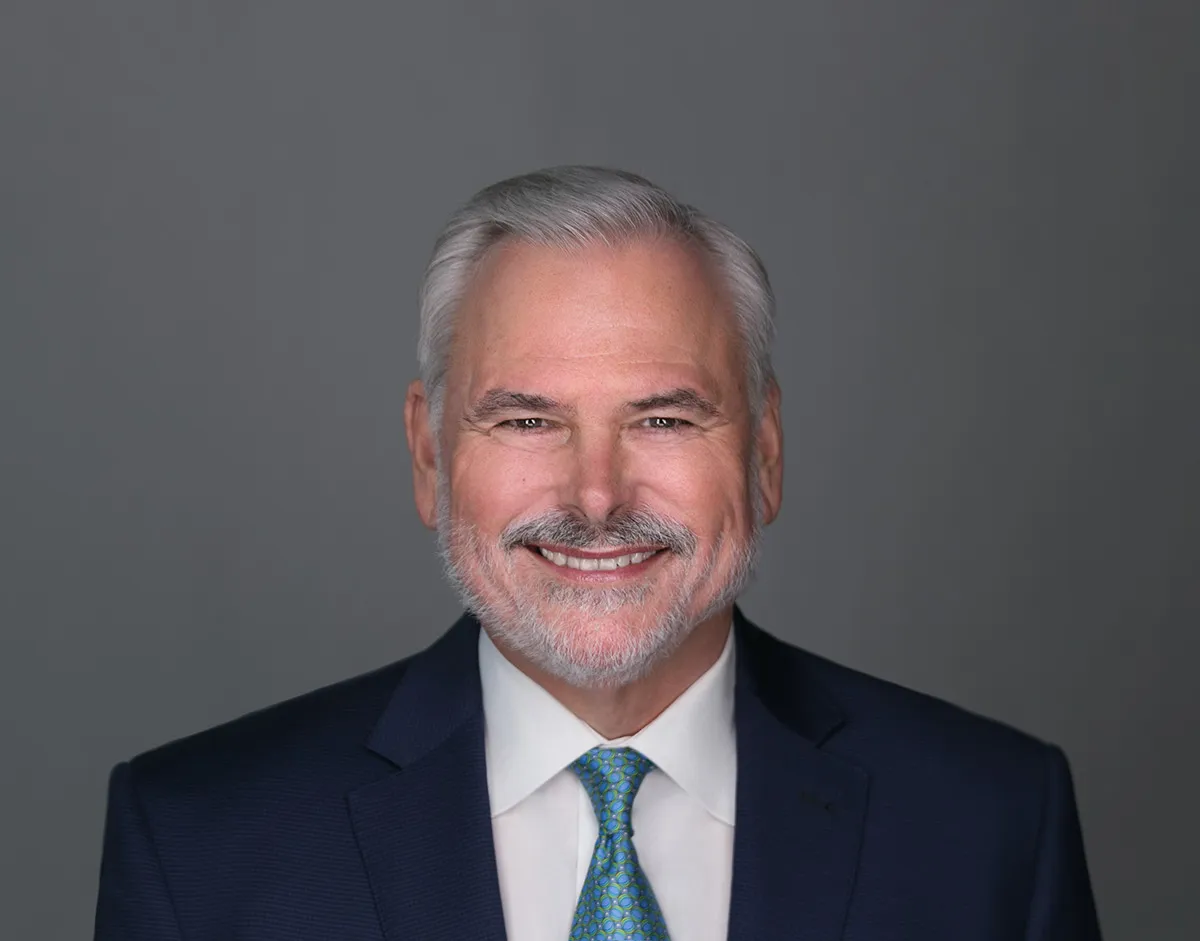YOUR SOUTH CAROLINA INSURANCE AGENT!
How Can Long Term Care Insurance Help You?
Protect Those Who Matter the Most!
Nobody likes to think about the inevitable day when they may need their life insurance, nor the need for long term care (LTC) insurance. But those who plan ahead can be assured that not only will their loved ones be protected, but it also helps take the burden off of caregivers.
Long-term care insurance helps you and your family in the event of a health condition that may require you to have care and supervision. More people are asking for home health care but it could also cover nursing home care or personal or adult day care. Medicare or Medicaid probably either won't cover enough of the care you need, or may not cover any of it. Without long-term care insurance in place, your savings could be used up quickly or you may have to rely on a family member. Long-term care insurance can be your lifesaver as it can protect your assets, spares your family' financially and emotionally, and YOU are in control of your health decisions.
For over 40 years, Fred Fleming has helped place numerous families and individuals with the best insurance products available within the industry. Just send your email contact below, and Fred will be happy to respond.
What is Long-Term Care?
When people consider the subject of long-term care, they often think about nursing homes. In fact long-term care has little to do with nursing homes. Understanding the difference can help you protect your family and finances.
Long-term care encompasses the care, services, and housing you will need when you live a long life. Think you won't live a long life? Think back 25 years ago. If you had cancer or a stroke, you simply died. Few ever heard of Alzheimer's. Today it is the leading cause for long-term care services. The longer you live, the more likely you are to need care. The question is not who will take care of you, because your family will most often, but rather what providing that care will do to your family and finances.
Long-term care is defined as needing assistance with your activities of daily living (toileting, bathing, dressing, eating, getting in and out of the bed or chair, and maintaining continence). Another type of long-term care is the supervision that is needed for someone with severe memory loss.
If you need on-going, custodial care, chances are it will be delivered in the community, not in a nursing home. Every study conducted finds that care is overwhelmingly provided at home. The key question, of course, is who is going to pay for it?
Medicare, the primary health care program for retirees, pays only for skilled, medically oriented or rehabilitative care, not custodial care in any venue. Medicaid, a federal and state program for financially needy individuals will pay for custodial care, but primarily in nursing homes. Funding for home care and assisted living is very limited and based on availability of funds.
Veterans believe that the VA will pay for home care, adult day care or assisted living. As with Medicaid, funding is limited and generally based on service-related disability.
The result is that consumers are forced to pay privately for their care. Unfortunately, the best thought-out retirement plan rarely takes into consideration living a long life. Put another way, those assets and income have been allocated to pay for retirement, not for the consequences of living a long life. This results in the need to invade principal and divert income to pay for care. As a result, one of seniors' greatest fears - that of outliving their assets - literally may come true.
The use of long-term care insurance has become an important part of planning for disability resulting from living a long life. The coverage serves to both keep families together and allows your retirement portfolio to be used for the purpose for which it was intended, namely retirement.
From a family perspective, think about who will be providing your care. Chances are your children will play a key role. Long-term care insurance doesn't replace the need for family involvement in providing care but rather builds on it. It pays professionals to assist the person with the toughest tasks such as toileting, bathing, feeding and continence. This, in turn, allows the family to provide care better and longer at home.
The options for paying for an extended health care need at any age are limited to self-funding, Medicaid (for those who are impoverished), and long term care insurance. Each of these options is appropriate for certain people in certain circumstances. None of these is right for everyone. It is important to make an informed decision, in advance, as to how best fund an extended health care need and then to communicate that decision to your family. The emotional challenges of a health care crisis are easier to handle when the financial challenges have already been addressed.

Your Long Term Care Insurance Representative
Fred Fleming
CLTC, Licensed Agent
Fred was born and raised in Mobile, AL and attended Auburn University where he majored in Business. Upon graduation, he entered the Insurance and Financial Services Industry in 1981 with The Equitable Society of the United States. Fred qualified for the Million Dollar Round Table the first four years of his career based on personal Life and Annuity production. He then began a 25-year career with Protective Life as a Regional Sales Director, opening new offices for Protective Life across the Southeast. While at Protective he was a member of the Protective Club 13 times and Colonels Cabinet eight. With his wife Mary Ann of 39 years they relocated to Greenville, SC to be with their daughter Brittany, son-in-law Adam, and two granddaughters, Elise and Isabelle.
Greenville SC Life and Long Term Care Insurance
Areas We Serve
Greenville
Spartanburg
Travelers Rest
Oconee County
Anderson
Mauldin
Simpsonville
Berea
Pickens
Hendersonville

Fred likes to talk to people - click to call from your mobile phone:
Why choose Fleming Insurance?

Available to Talk to You

Can recommend the products you need

Licensed & Trusted

Local Independent Agent
© 2023 Fleming Insurance. All Rights Reserved. Powered by Giraffe Web.
